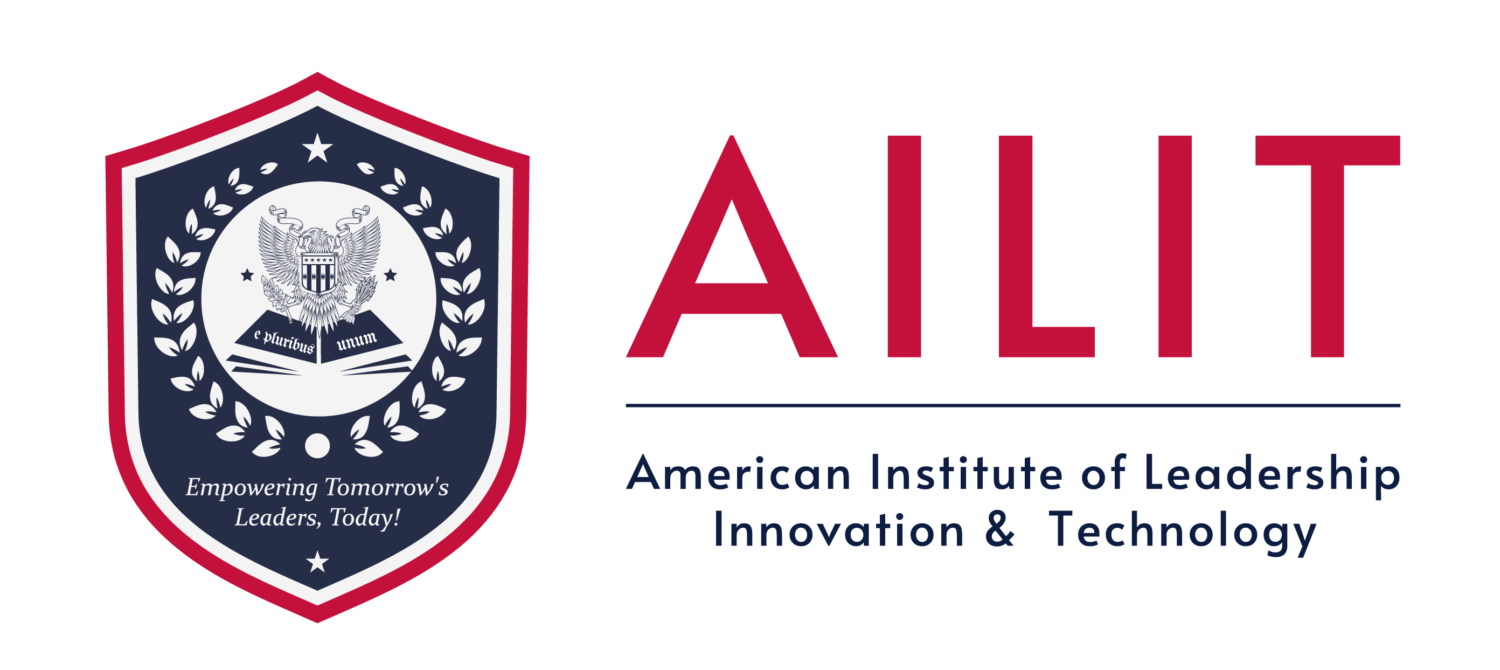High tuition prices, budget cuts and course shortages are just a few of the reasons why students around the globe search for the alternative to the traditional education system.
The continually improving reputation of electronic learning made it one of the most popular higher education alternatives in modern history.
E-learning courses have credits, and their certificates are equivalent to the on- campus ones.
The numbers of students currently enrolled in fully online programs or taking at least one online course as part of their formal education are on the everyday rise.
What is E-learning
In summary, e-learning represents the delivery of educational material and learning through digital resources.
The initial skepticism surrounding it was bound to falter when the results showed that studying online can be just as effective as studying in the classroom.
Although the entire learning process is based on principles of formal education, it is provided via an internet connection through electronic devices such as computers, tablets, and even smartphones.
This makes it easy for students to access their online classes anywhere and anytime.
Advantages & Disadvantages of E-learning
One of the biggest advantages of online education is the remote access to your desired classes. You no longer have to roll out of bed too early to be awake and attend classes that may not interest you at all just because they are a part of your curriculum.
Studying online comes with many advantages such as widespread teaching materials.
Also, the video and audio materials can be re-winded as many times as you need to understand the topic.
This type of learning promotes active and independent learning as you don’t need to depend on anyone. You can train yourself whenever you want to, and you’ll always find support from your professors and classmates through online discussion boards and chats.
However, If you value face-to-face teaching experience, e-learning may not be sufficient for you. Still, you can always opt for video calls with your mentors, you just need to check if your desired online program is offering that type of service.
So, to summarize:
Advantages of e-learning are:
- It promotes active and independent learning;
- Efficient way of delivering courses as the resources are available from anywhere and at any time;
- Students can interact with their peers from all around the world through group discussions and private chats;
- The studying material can be accessed unlimited number of times.
Disadvantages of e-learning are:
- Security of online learning programs is sometimes questionable;
- The authenticity of a particular student’s work cannot be confirmed;
- Not everyone is disciplined enough for self-training.
Top 10 Benefits of eLearning
1. E-learning Fully Adjusts to Your Needs
Online studying is designed to accommodate everyone’s needs.
Expansion of modern technologies has led to complete transformation of how we access content: Be it newspapers, books… it all went into the digital sphere.
Same goes for studying as online classes can be taken up by housewives or people maintaining their daily job while pursuing higher education. They have the freedom to pick their productive hours, and it’s usually on the weekends when they have some free time to spare.
With overflowing daily schedules and busy lifestyles of the majority of the world’s population multitasking seems to be our future.
2. Reduced Cost
One of the biggest benefits of e-learning is it’s cost effectiveness. The price reduction is the result of educational institutions saving a lot of money on transportation and accommodation of both students and teachers.
There are no pricey textbooks that push students further down the rabbithole of student debt. Also, regular text material printing is not required so the whole method is eco friendly as a plus.
3. Remote Approach To Various Classes
Not so long ago, going to college was the only option for anyone who desired to pursue an academic career. Today, we went from traditional four-year universities to completely online colleges that are offering a variety of options students never had before.
This means that the knowledge is brought to the student, rather than the student having to obey a bunch of norms. No campuses, no fixed schedule. Whatever their field of interest is, they can find the courses or programs they need online.
A special benefit of e-learning is that you can access the studying material as many times as you need.
Forget about bending over your desk in a desperate attempt to pick up on each lecturer’s word as you’re scrambling down your notes in a handwriting not even Enigma could decipher.
Online courses are giving you the leisure to successfully prepare for your exams without having to run to the campus by any means possible.
As you are the master of your time, so you are the master of the content you are learning. Advantages of online classes include a variety of topics related to your interests, education you couldn’t otherwise pursue under the weight of your studies’ program curriculum.
Students can also earn every e-learning certificate online, from a career certificate to a doctorate.
4. Transfer Credits & Commuting
By pursuing online education you gain the freedom to manage your time how it suits you, without interrupting your progress.
Now, the special treat is that college students who are hindered in attending summer classes, be it their job or place of living, can take online courses and transfer the credits to their primary educational institution. This makes life a lot easier for those who need to maintain their summer jobs in order to pay for their tuition.
Not to mention how online education could come in handy during harsh weather conditions.
On these occasions colleges may cancel their classes to avoid putting commuting students at risk of dangerous travelling conditions.
Rather than missing out on lectures students in online courses can always “attend” by watching lectures or reading materials, participating in discussion boards or chat sessions and turning in their homework on time.
5. Instant Career Advancement
A prime benefit of online education is that it keeps you in sync with updated content deriving from aspiring lecturers from all around the globe.
E-learning is self paced and thus ideal for those that need to go to work or for those who are staying at home while raising a family or for any other reason there may be.
This further leads to the fact that online courses are ideal for anyone who wants to continue their academic studies where they left off at some point of their lives, or they never got a chance to pursue their higher education and now is the right time.
Studying online significantly boosts your chances of further advancing on your current job, or getting a new, better one. Obtaining an e-learning certificate will be a proof of dedication to professional improvement to prospective employees.
6. Quick Delivery
Compared to traditional classroom teaching methods, e-learning provides students with a faster lesson delivery. To put it more accurately, learning time is reduced to somewhere between 30%-60% of what is usually required. The reasons for this are following:
- Online lessons have a quick start and go straight to the topic, usually wrapping it up in that same learning session. This enables elearning training’s to roll out within couple of week or even days. Good ol’ content binging.
- Students are advancing at their own speed, without the need to accommodate to the group.
- Students don’t need to leave their homes thus saving time on transportation.
- Students can make their choices when it comes to the learning material; they can skip lectures they do not find useful or they were already taking in the past.
7. Scalability
Online learning is proven to have a positive influence on any business. You will have your employees better cut for the challenges ahead of them. The more efficient they get the faster you get to write off the business expenses.
Online courses are enhancing an individual’s ability to learn and implement gained knowledge on their daily tasks. It is also beneficial for improving one’s abilities to retain information for a longer period of time.
8. Consistency & Teacher Scarcity
In a traditional classroom setting lecturers stick to their methods of teaching that are widely susceptible to mistakes. These issues are eliminated through elearning by providing standardized and consistent training.
Online learning enables teachers to teach their lessons in a consistent way with a higher level of coverage ensuring all students receive the same amount of knowledge.
Many institutions worldwide have a shortage of experienced teachers. This issue is easily regulated with e-learning as a couple of highly qualified and experienced teachers can teach thousands, if not millions.
9. E-learning Offers Personalization
We are all different and there will never be a unified solution to match everyone’s preferences. This is why online learning offers various learning styles to allow students to better adapt to their desired classes.
Without the obligation to pass all those unwanted courses in the curriculum students are motivated to pursue their higher education.
Learning online makes it possible to cater to each student’s unique preferences and goals. It allows them to navigate their pace while choosing a path for themselves.
10. E-learning Fully Utilizes Analytics
Student data is of great importance for improving training materials and boosting learning outcomes. E-learning platforms were shown to be more effective in obtaining data and running analytics than any other earlier known method.
Educational institutions now have the chance to identify potential deficiencies in their course materials by acquiring data on student dropout rate. They can further run new analysis to see if the implemented changes made an improvement or not.
The value of education data is immense, and its full potential is yet to be utilized in the future.
What is The Importance of E-learning in Education
In general, e-learning gives you a version of knowledge accessible at convenience and shared with millions of students worldwide. It offers global opportunities through collaboration with your colleagues from all around the world.
When compared to online learning, the traditional education system is expensive and time consuming with various outcomes. On the other hand, e-learning is a fast-paced industry offering a variety of options to their students, including a modern, creative approach to teaching and regularly updated course content.
The importance of e-learning is easy to spot in online training’s for employees in various industries. Keeping up with industry development is made easy with regularly updated content as well as low costs and the ability for employees to study comfortably at their own pace.
What Are The Features of E-learning
Time flexibility, lower costs and customized experiences are a few reasons why e-learning gained its popularity over the years.
Some of the most important features of e-learning today are:
- Online admissions
Students are logged into a learning management system through which they can access course materials, contact their professors and participate in discussion boards.
- Data Analysis
Students’ data is essential for eliminating the shortcomings as soon as they appear.
E-learning platforms are keeping track of students activities such as attendance, tests, performance appraisal and more.
- Quality Content
Teaching materials are constantly updated by the latest education standards.
- Optimized Learning Platforms
E-learning platforms are constantly improved to make the whole process as efficient as possible. Aside from web pages, many e-learning platforms now offer learning apps to their students.
- Easy Payment Methods
Online payments are faster and more convenient for everyone.
- Online Communities & Social Engagement
Online communities and forums are vital part of e-learning experience.
What Are The Types Of E-learning
Educational experts have identified various types of e-learning based on different elements such as learning tools, metrics, synchronicity and learning content.
It is possible to filter down ten different types of online learning that derived from their individually conducted research:
- Adaptive E-learning
Based on adapting and redesigning course material for each student.
- Collaborative Online Learning
Based on teamwork; students achieve their learning objectives together while creating a sense for unity.
- Synchronous Online Learning
This method enables groups of students worldwide to reach their learning goals together.
- Asynchronous E-learning
For students with a non-flexible schedule; allows them to study apart from the group at their own pace.
- Computer Managed Learning
Computers are the teachers, as they have the role of accessing and managing the individual’s learning progress.
- Computer Assisted Instruction
This method combines traditional teaching with a combination of multimedia such as graphics, sound and video to enhance the learning process.
- Linear E-Learning
The learning material is passing from sender to receiver without two-way communication between teachers and students.
- Fixed E-Learning
All students receive the same studying materials that are predetermined by the teachers.
- Interactive Online Learning
This method stimulates two-way communication between students and their teachers.
- Individual Online Learning
Students are learning by themselves without relying on their peers.
Are Online Courses Any Good
When considering obtaining an e-learning certificate, it’s important to take into account what you will be learning. Certain areas are better suited for online courses than others.
For example, obtaining tech skills through online learning can be a good investment for your career. They are in high demand on the job market and there are plenty of quality online IT courses that will give you the knowledge you can use later in life.
On the other hand, online science classes may not do enough justice. Even though the studying material can be learnt and eventually understood the lack of practical work would make e-learning certificates appear much less credible.
The importance of real-life experience is something you need to consider before enrolling in any online course.
You should also conduct careful research in order to choose the online program that is accredited.
Final Word
With the modern technologies on the rise, the opportunities for learning have never been greater.
E-learning paved the way to higher education in a succinct, effective way, and it continues to make it easier for people worldwide to reach their dreams, regardless of their age or previously obtained knowledge.
You are invited to further investigate available opportunities by contacting us.
Make the most of your education today!













[…] recent years, Online Education in India has spread like wildfire as a method of e-learning. Students now have access to a variety of courses and programmes from across the world that are all […]
[…] the grace needed to succeed. Consider setting realistic goals such as taking one class at a time or enrolling in online courses if traditional schooling isn’t feasible at this time due to other […]